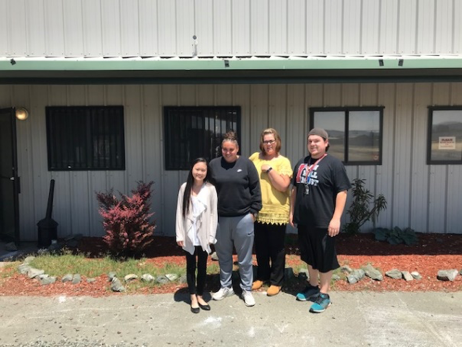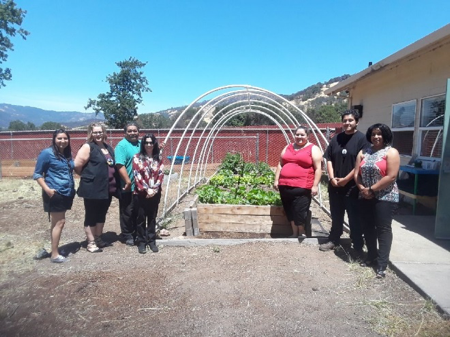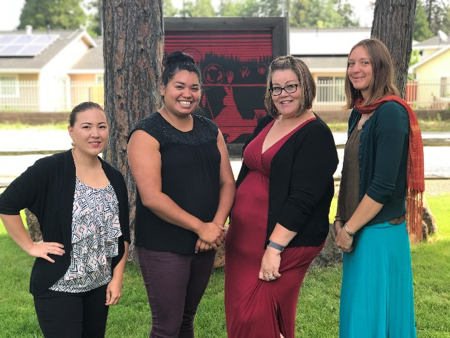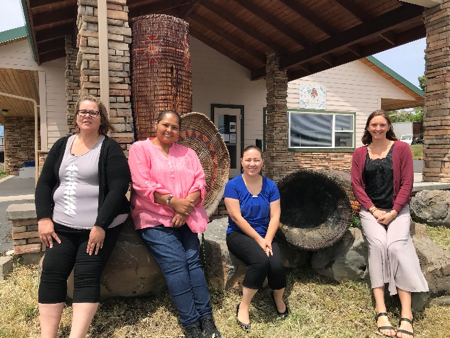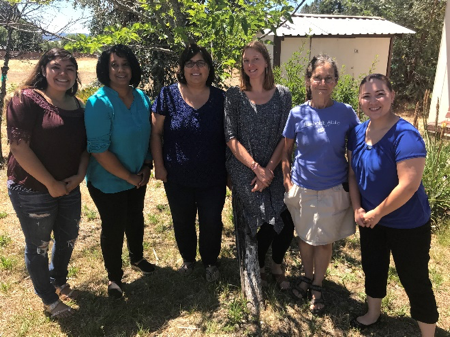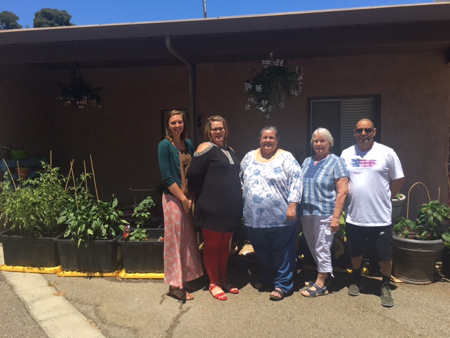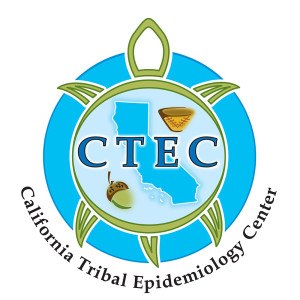Tiffany Ta, MPH
CTEC conducted a total of nine key informant interviews from ACORNS subcontractor program leads.
Findings from the key informant interviews indicated that sharing information helped the program leads and community members gather information. Such information included implementation of new programs, sharing of ideas on successes and challenges, and sharing of resources and tools. This sharing of information helped ACORNS subcontractors avoid “reinventing the wheel.” Several recommendations were made by program leads on how improvements could be further made on methods to sharing information to Tribes and across Tribes. The current primary method of communication in sharing information to their community are at meetings, workshops, and conferences. In other words, opportunities for program leads, staff, and/or Tribal community members to gather were considered a success in sharing information within and across other areas. A notable example mentioned from program leads was the 1st Annual 2018 Data, Evaluation, and Grant Writing Training hosted by CTEC last March. Unfortunately, this method of communication did not demonstrate as the most efficient method because meetings, workshops and conferences are held only once or twice a year. In other words, these opportunities to gather and share information are too infrequent.
Key informant interviews revealed concerns that there is a need for more frequent meetings, workshops, or conferences within the program year. More frequent gatherings would further enable them to share information. After conducting these interviews, ACORNS subcontractor program leads and GHWIC staff came to understand the pressing need to gather together in one location more often to share information as well as build relationships with one another. Typically, meetings, workshops, and conferences are held to simply provide health education and training to Tribal communities and staff, but many Tribal Epidemiology Centers (TECs) have yet to realize these meetings are too often the only occasion for them to gather together in one space to connect, build relationships, and share information. Hence, creating opportunities to gather more frequently will foster these connections, further enable the sharing of information, and strengthen relationships with Tribal communities. This is critical for us, as TECs, to truly understand what their needs are, improve overall health, and improve relationships with Tribes in their respective area and across other areas.
As a result of the key informant interviews, GHWIC staff are now aware of the need for more frequent gatherings and will work with program leads to help us develop additional meetings, workshops, and conferences that are efficient and will help Tribes overall. In addition, having these interviews in-person provided GHWIC staff an opportunity to build/strengthen relationships with their program leads. This will help guide future GHWIC work. The significance of this is that program leads are typically members within the Tribal community, having far more knowledge about community needs and can provide invaluable guidance to improvements needed to achieve overall community health and wellness. Lastly, building and strengthening relationships between TECs and Tribal communities will subsequently build trusting relationships that will, in turn, further support them in sharing information within and across other Tribal areas.

